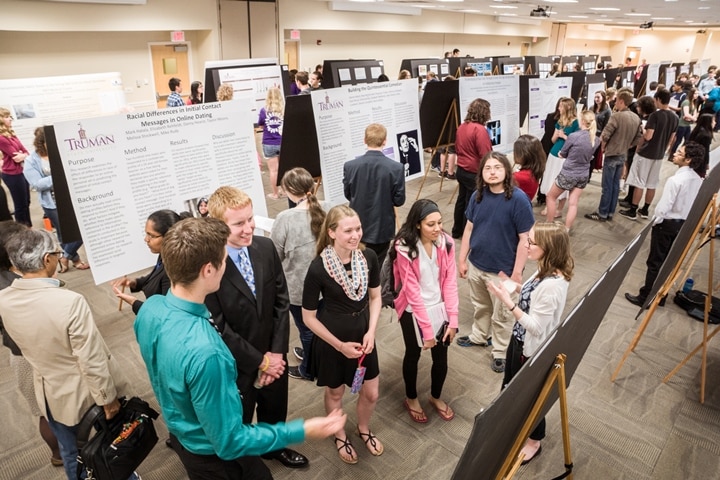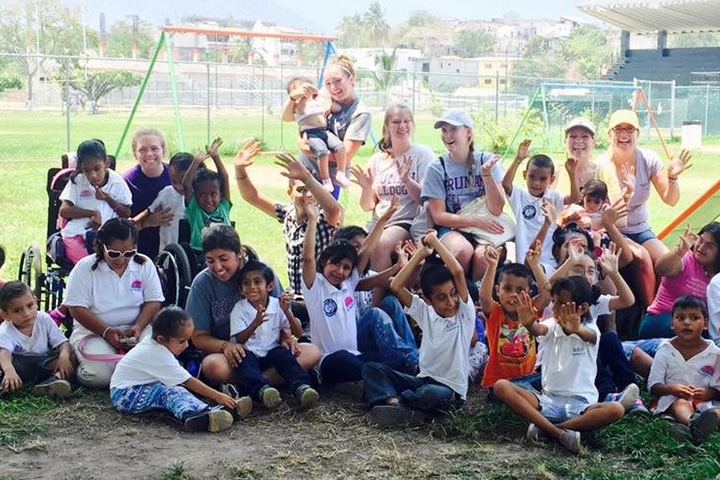Communication Disorders Major (BA, BS)
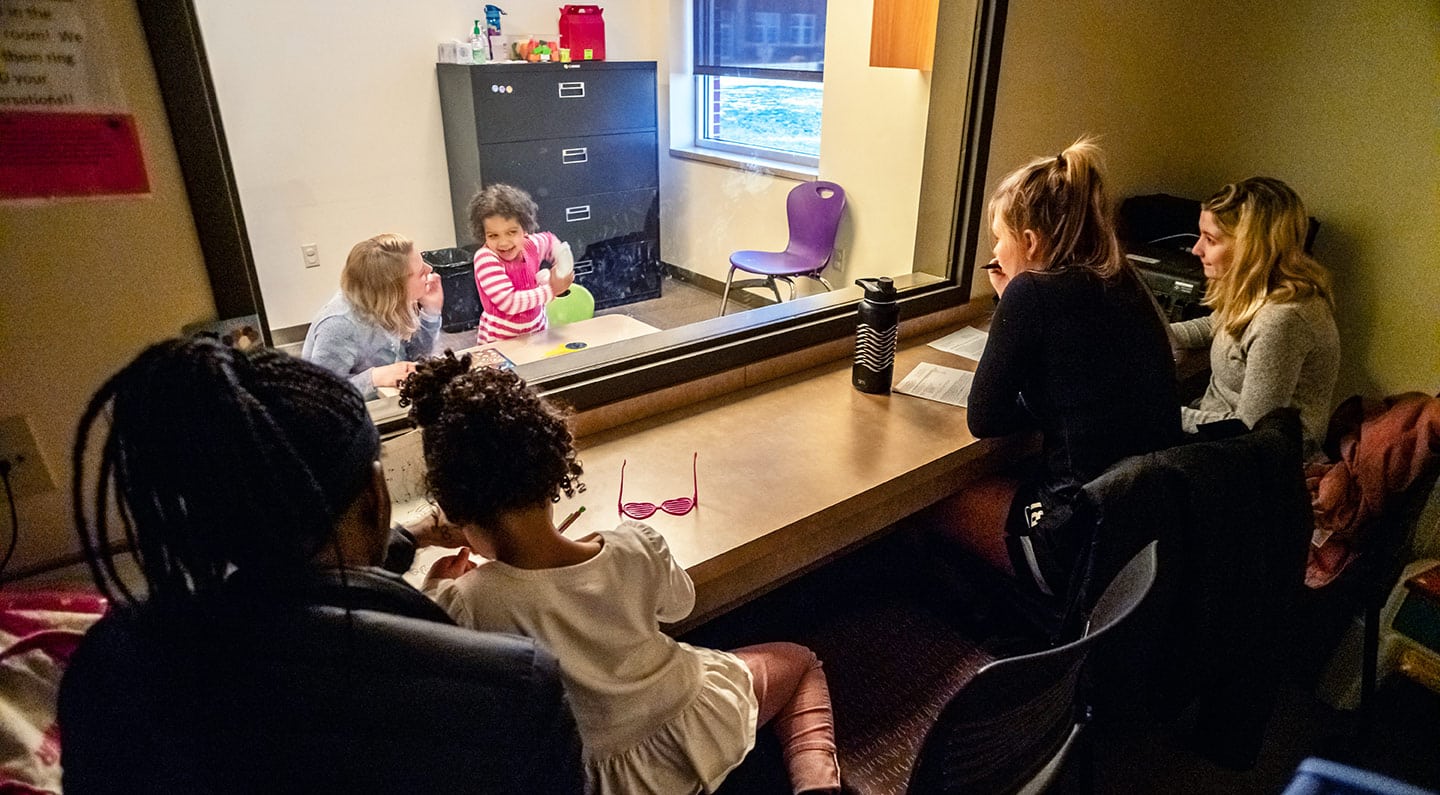
As a communication disorders major, your career options span speech-language pathology, audiology, special education, and other communication-related fields that allow you to use your passion for improving communication to enhance the lives of others. At Truman, you can tailor your experience to fit your interests, and you can select a clinic or non-clinic option.
Career Paths
Common career areas:
- speech-language pathologist
- audiologist
- speech therapist
- teacher
- community support specialist
Graduate School Preparation
While competition is steep, our communication disorders graduates enjoy a high admission rate to their first choice of graduate programs in speech-language pathology and audiology, including Truman's Master of Arts in Communication Disorders program.
Notable graduate schools:
- Truman State University
- Saint Louis University
- University of Missouri-Columbia
- University of Kansas
- Washington University School of Medicine*
*Truman has agreements that provide qualified applicants automatic admission into Washington University School of Medicine to pursue a Master of Science in Deaf Education or a Doctor of Audiology.
Featured Courses
Facilities and Equipment
The clinical facilities for communication disorders students are attractive and well-designed for instruction. All therapy rooms have direct observation and video recording capability. Students have access to a collection of traditional therapy materials, tests, and clinical computing resources available to students all day every day. Our primary classroom includes state-of-the art instructional technology.
Clinical Opportunities
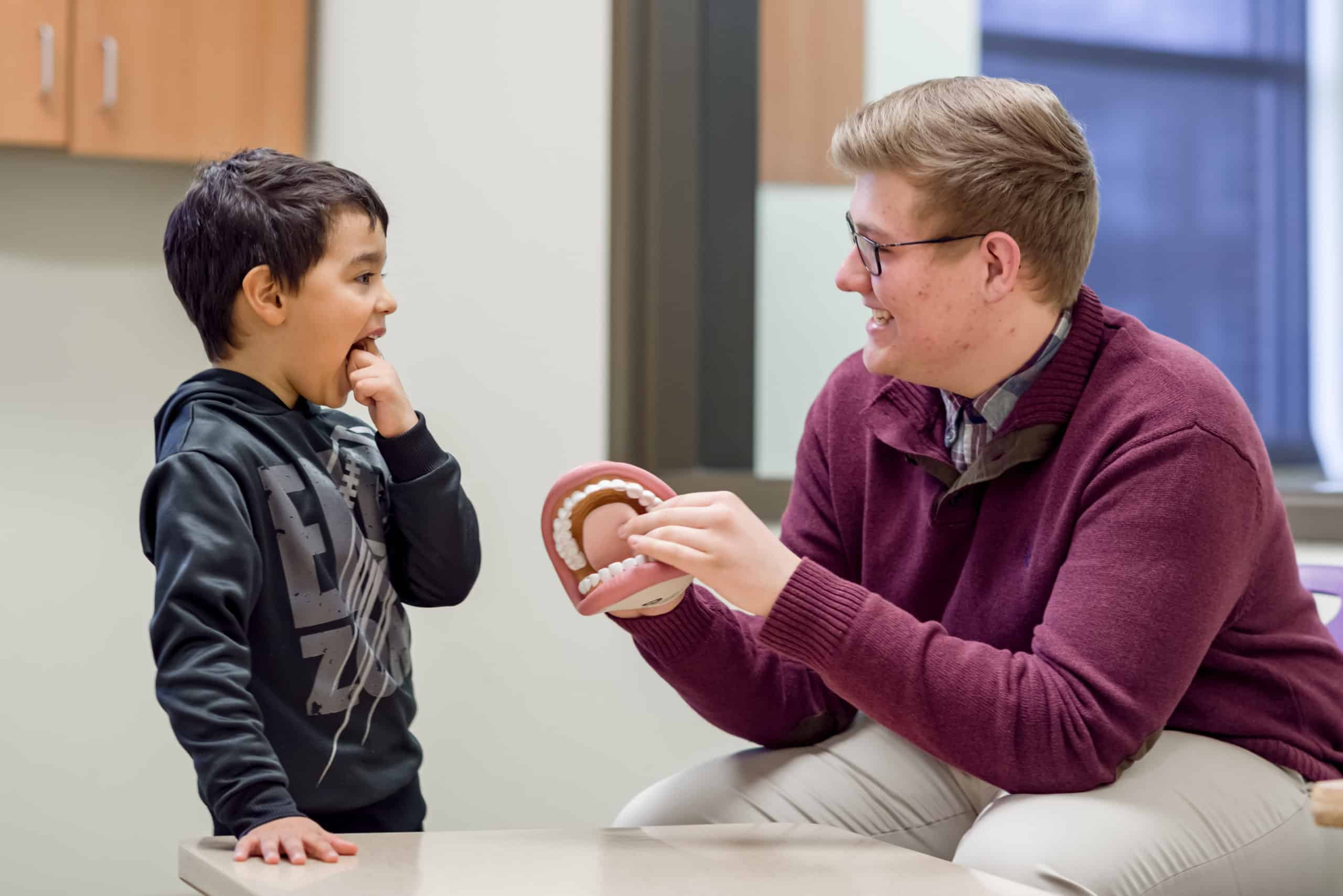
Speech and Hearing Clinic
You have the opportunity to have your own client in Truman's Speech and Hearing Clinic, a teaching clinic on campus that's open to the public. Here, you learn how to screen and assess speech, language, and hearing while also helping treat those experiencing speech and language problems, difficulty with voice or fluency, and hearing loss.
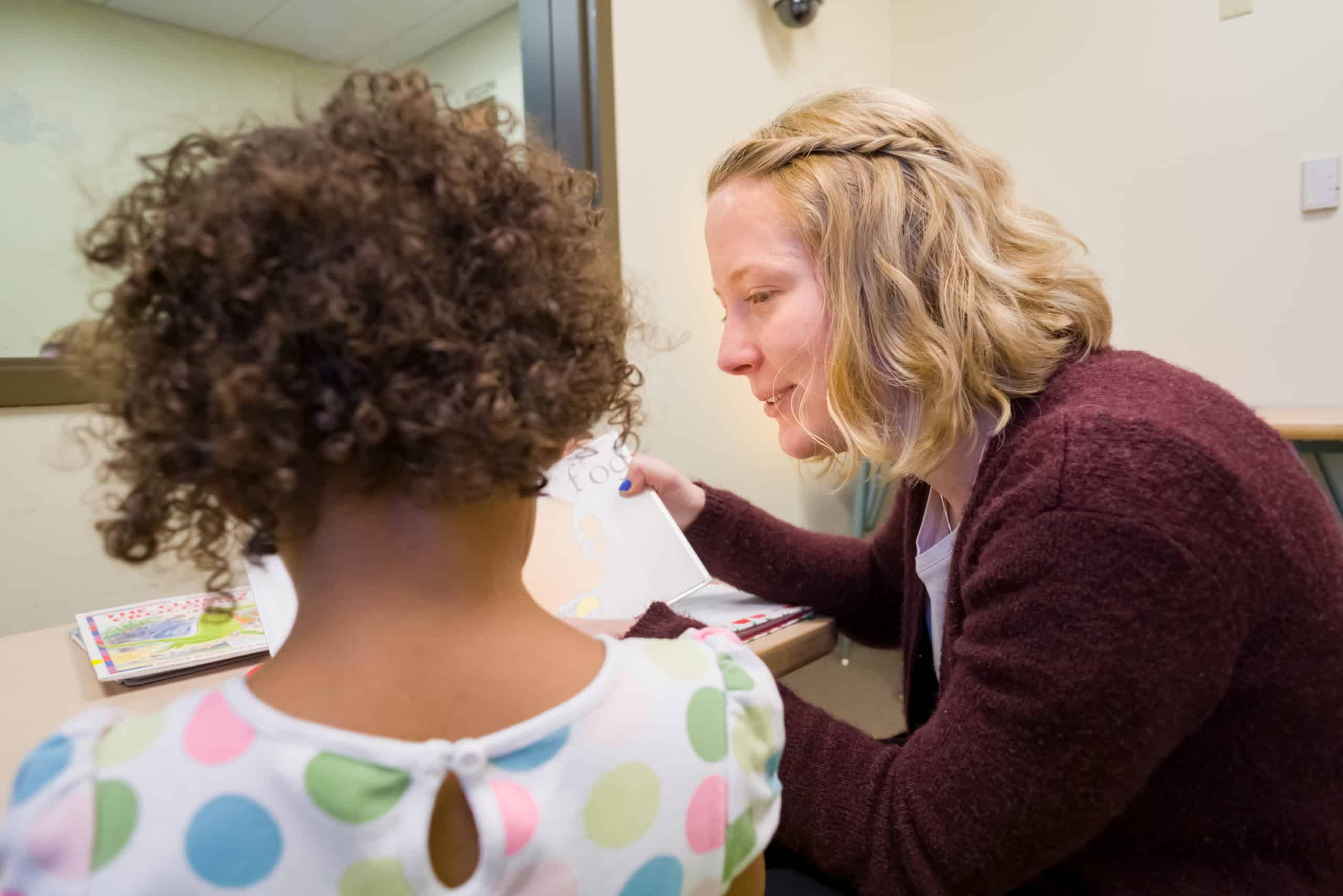
Truman-RiteCare Early Literacy Lab
Within the Speech and Hearing Clinic, you can work with children in the Truman-RiteCare Early Literacy Lab which serves children at risk for literacy difficulties.
